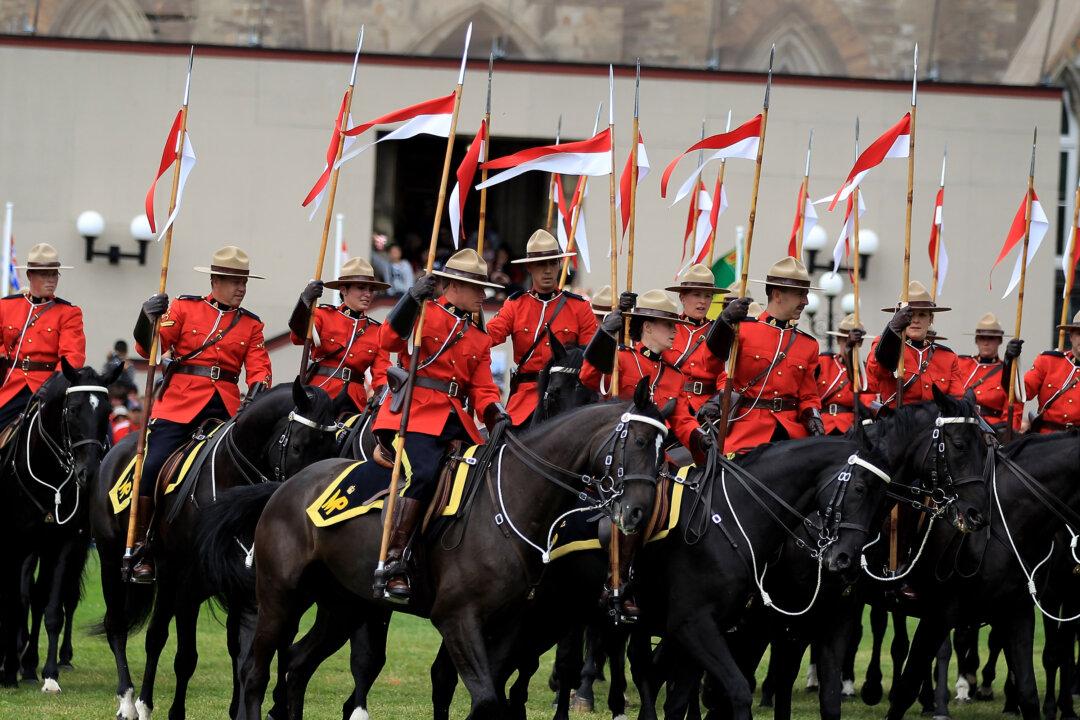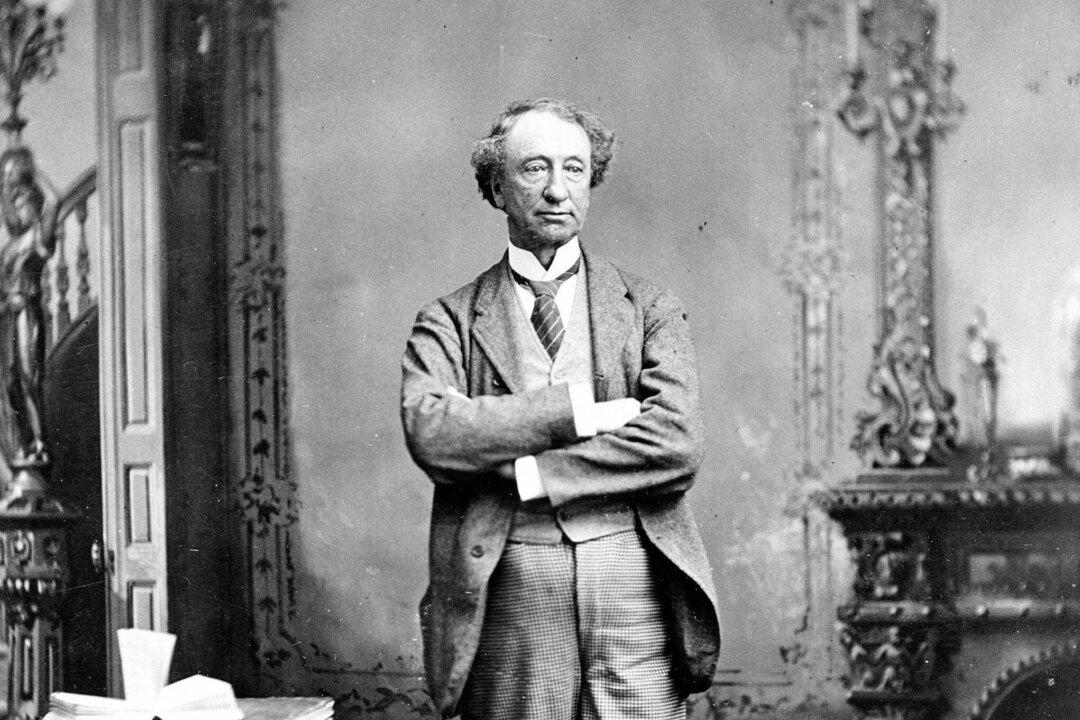The RCMP Musical Ride has too few riders to mount a full complement and faces increasing challenges due to flagging recruitment, an internal audit has found.
The Musical Ride, a special RCMP unit showcasing the equestrian skills performed by 32 cavalry riders, now only has 24 riders and has not been at full strength since 2018, according to the audit, which was first reported by Blacklock’s Reporter.





